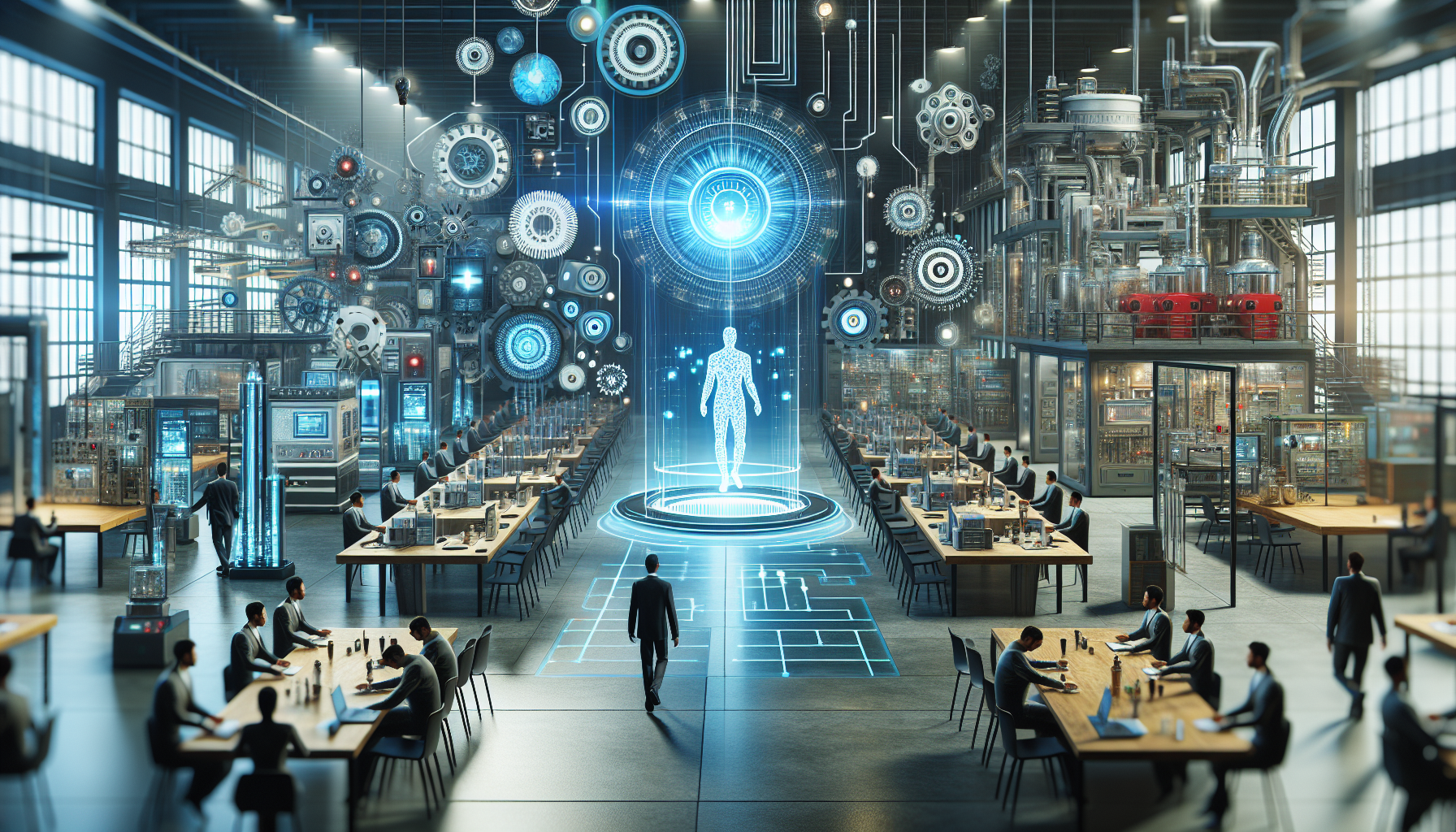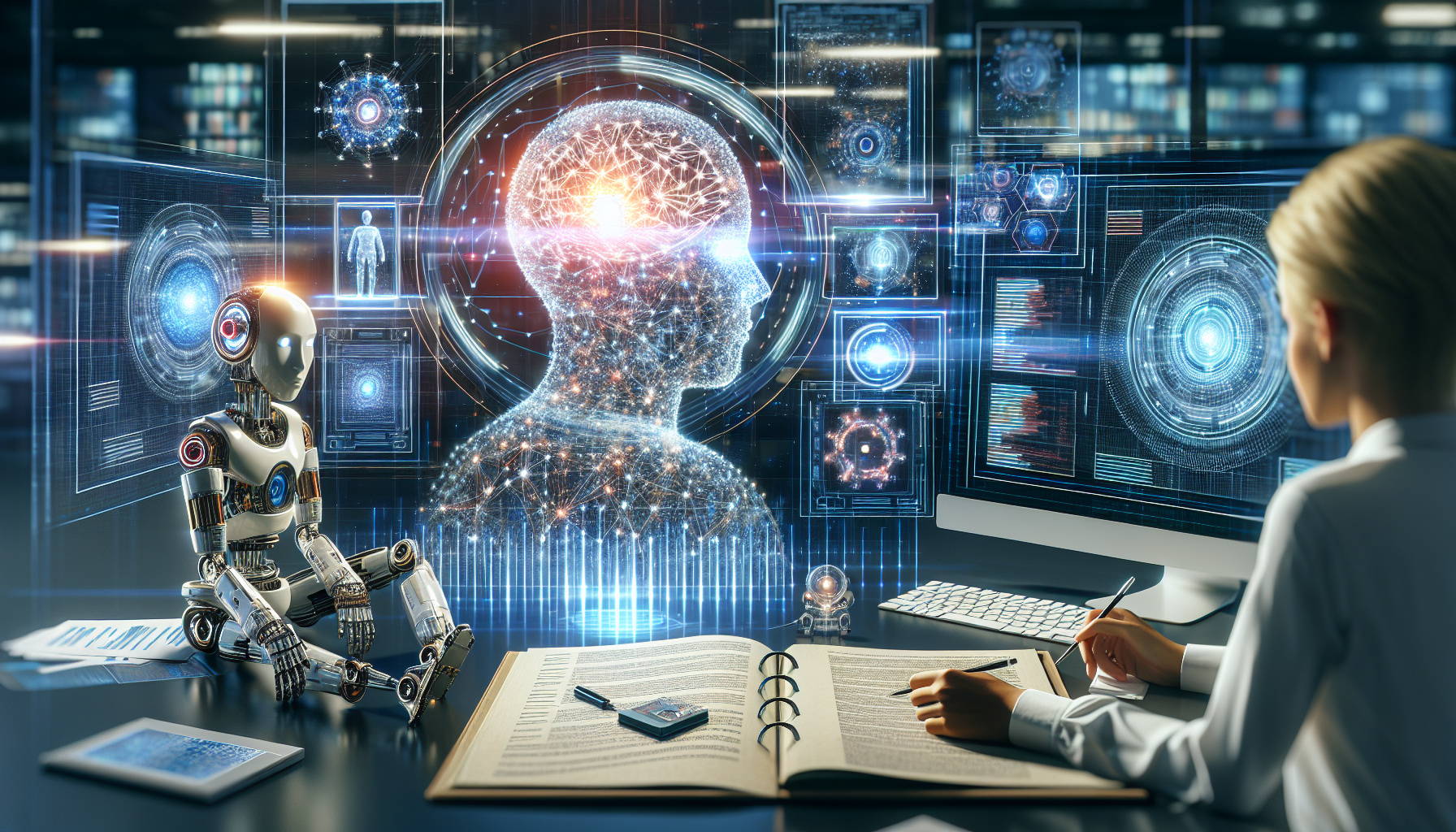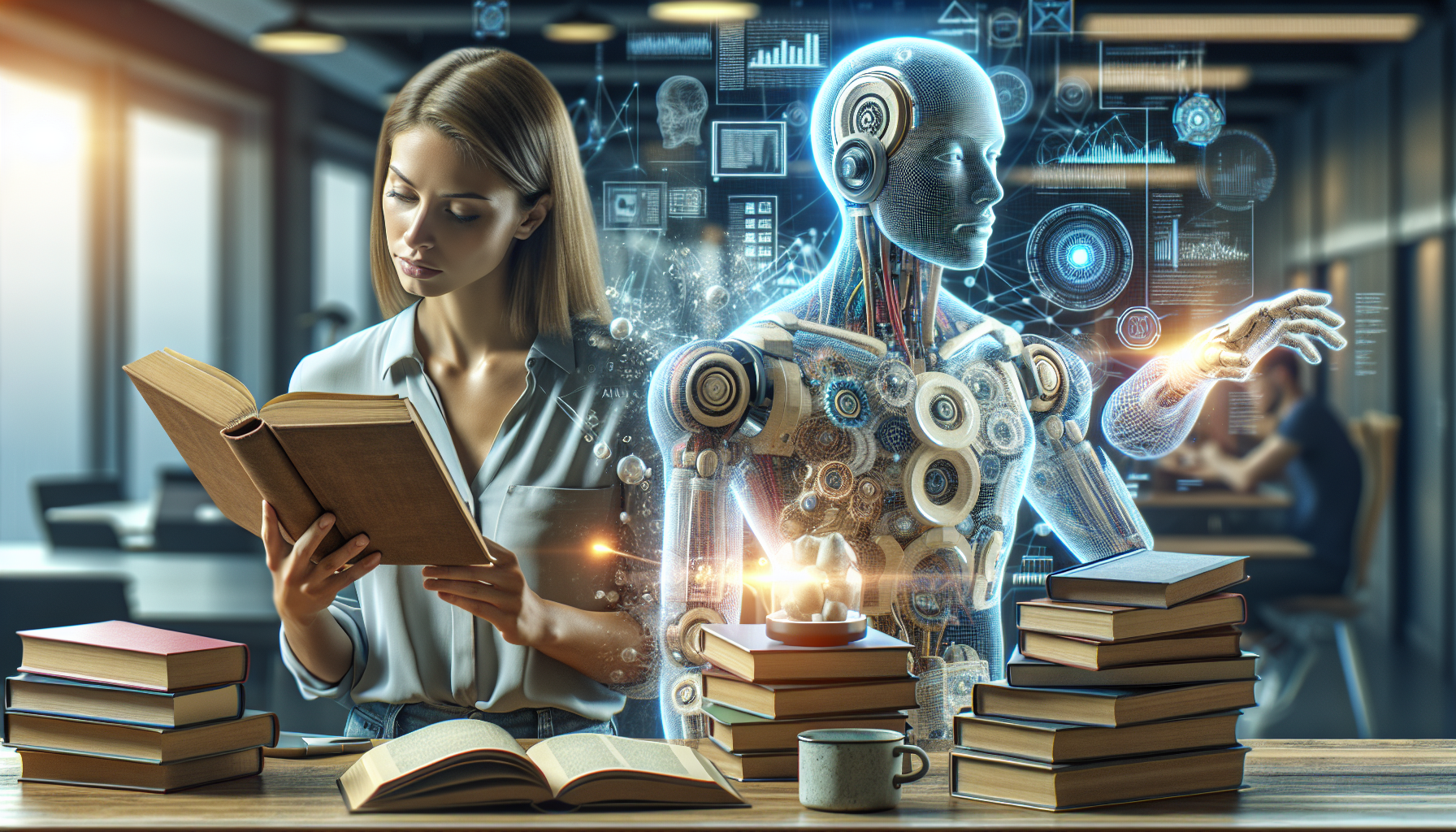
The Evolution of Artificial Intelligence: A Journey From Theory to Tangible Reality
July 25, 2025
Let's dive into the fascinating realm of artificial intelligence (AI) by exploring its evolution from a mere concept to the sophisticated reality we engage with today. It's a story full of twists, turns, and unexpected developments—so grab your favorite beverage, and let’s unravel this tale together.
First, let’s travel back to the early days when the idea of machines that could "think" was nothing more than science fiction. Picture a time when computers were closer to room-sized behemoths than the sleek devices we carry in our pockets. The concept of artificial intelligence was born from the imaginations of visionaries who dared to dream of machines that could mimic human cognition. Back then, the mere suggestion was often met with skepticism. Yet, those early pioneers laid the groundwork for what was to come.
Fast forward to the mid-20th century when AI started to transition from theory to practice. The excitement was palpable; researchers were optimistic about creating machines that could solve problems, play chess, or even understand language. Simple tasks, you might think, but at the time, these were monumental challenges. Initial efforts focused on creating programs that could mimic logical reasoning, akin to solving puzzles—a fundamental aspect of human intelligence. While these early models were limited, they ignited a spark that fueled decades of research and development.
What’s intriguing is how AI's evolution mirrors our understanding of human intelligence. For a long time, the goal was to simulate rational thought, but as our comprehension of the brain’s complexity deepened, so did our approach to AI. Take, for instance, the shift from rule-based systems to neural networks, which attempt to replicate the brain's architecture. This transformation was inspired by the realization that intelligence is not just about logic but also about learning from experience—a nuanced understanding that reshaped AI's trajectory.
Now, let’s talk about the leap from theory to tangible reality. The technological advancements that have occurred over the past few decades are nothing short of remarkable. We’re no longer limited to theoretical models; AI is now embedded in many aspects of our daily lives. From virtual assistants that can understand and respond to natural language to recommendation algorithms that anticipate our preferences, AI has become an integral part of our digital ecosystem.
One of the most compelling aspects of AI’s evolution is its adaptability. Early AI systems were rigid, often requiring precise inputs to function correctly. Today, AI technologies are far more flexible, capable of processing vast amounts of data and learning from it. This ability to learn and adapt is what sets modern AI apart from its predecessors. It’s why autonomous vehicles can navigate complex environments and why AI can assist in medical diagnostics with remarkable accuracy.
But let’s not forget the challenges that have accompanied this evolution. The journey from concept to reality hasn’t been a smooth one—it's been riddled with ethical dilemmas and societal implications. As AI becomes more integrated into our lives, questions about privacy, security, and bias have emerged. These are not mere footnotes in AI’s history but critical aspects that shape its future. Ensuring that AI evolves responsibly is a conversation that involves technologists, policymakers, and society at large.
So, where does that leave us now? AI is far from reaching its zenith. If anything, we’re standing at the threshold of a new era where AI could redefine what it means to be intelligent. The potential applications are vast, from revolutionizing industries to addressing global challenges such as climate change and healthcare. Yet, as we marvel at AI’s capabilities, we must also remain vigilant, ensuring that its development aligns with our values and serves the greater good.
As we wrap up this exploration, consider the broader implications of AI's evolution. How will the next chapter unfold? Will AI become an indistinguishable part of our cognitive toolkit, or will it push the boundaries of knowledge in unprecedented ways? These are questions that invite us to think critically about our relationship with technology and its role in shaping our future.
AI has come a long way from its conceptual origins, and its journey is far from over. As we continue to explore and push the limits, let’s do so with curiosity, caution, and a commitment to harness its potential for the benefit of all. What do you think the future holds for AI, and how will it redefine our understanding of intelligence?


